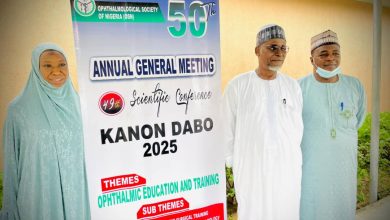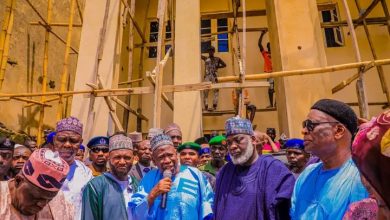
The National Board for Technical Education (NBTE) has rejected allegations made by the Academic Staff Union of Polytechnics (ASUP) concerning its newly introduced digital accreditation model, describing them as unfounded and misleading.
In a statement issued in Kaduna, NBTE’s Head of Media, Mrs. Fatima Abubakar, clarified that the board initiated the digital accreditation system in 2024 to address persistent issues such as data falsification, security challenges, and logistical barriers in reaching polytechnics located in remote areas.
As the principal regulatory agency for technical and vocational education in Nigeria, NBTE is mandated to oversee, regulate, and accredit all programmes offered in technical institutions such as polytechnics, monotechnics, and other allied institutions across the country. Its core responsibility is to ensure quality assurance, curriculum development, and the advancement of skills-based education to meet national development goals.
Read Also:
FG Launches N10m Support Fund for Tertiary Institution Staff
Abubakar noted that the digital accreditation process, powered by artificial intelligence and advanced ICT tools, has significantly improived transparency and reduced long-standing malpractices, notably the notorious “brown envelope” culture often associated with physical visits.
She said that over 90 percent of accreditation exercises are now done virtually, with physical evaluations limited to special cases—mainly institutions with outdated infrastructure or lacking internet connectivity. One example cited was a Federal Polytechnic in Taraba State, which, despite being established in 2007, remains unconnected to the national power grid.
To handle such exceptions, she said, the NBTE engages third-party vendors through a competitive, transparent procurement process vetted and approved by its Tenders Board. These processes, she added, are advertised publicly and monitored by stakeholders, including the Ministry of Education and ASUP representatives.
“It is unfortunate that ASUP would make public accusations without participating in these evaluations,” Abubakar stated. “We urge the union to engage constructively and avoid misrepresenting the board’s work.”
She reaffirmed NBTE’s commitment to reforming Nigeria’s Technical and Vocational Education and Training (TVET) sector, stressing that collaboration among stakeholders is critical to producing employable graduates and aligning training with the evolving needs of the economy.
Abubakar further appealed to ASUP and other partners to regard the NBTE as an institution working in the national interest, saying the board remains open to feedback but must be shielded from unfounded criticisms that may derail progress.
“The current administration recognizes TVET as a strategic tool for youth empowerment and national development, and NBTE remains at the forefront of ensuring that Nigerian polytechnics and technical colleges deliver globally competitive education,” she reiterated.



